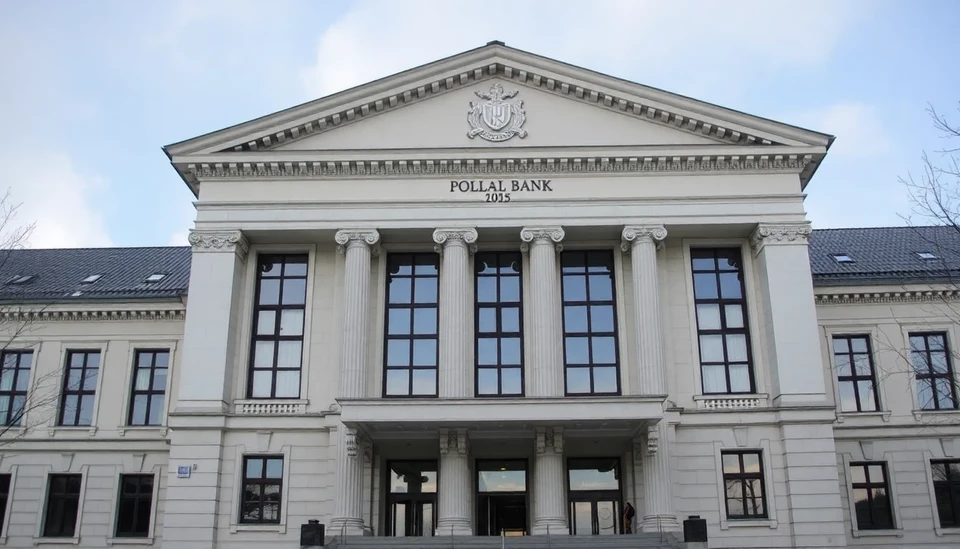
Recent economic reports indicate that Poland is grappling with persistent inflation, which is stirring doubts regarding the central bank's aggressive monetary policy strategies. The inflation rate has shown signs of resilience, leading economists to reassess the effectiveness of the National Bank of Poland's (NBP) measures aimed at controlling price increases.
In March, the consumer price index (CPI) revealed an unexpected surge, rising to 9.4% on a year-over-year basis, up from 9.1% the previous month. This increase highlights the ongoing struggle that the Polish economy faces in combating high living costs, despite earlier predictions that inflation would begin to decline. The continued elevation in prices bears implications for the central bank's current hawkish view, which has previously advocated for higher interest rates to manage inflationary pressures.
The NBP had earlier implemented a series of interest rate hikes, aiming to rein in soaring prices. As of March 2025, the benchmark rate stood at 6.75%, reflecting the bank's commitment to curbing inflation. However, the recent upward tick in inflation figures raises questions about whether these strategies are adequate or if further adjustments are necessary to stabilize the economic landscape.
Economists are now suggesting that the NBP might need to reconsider its existing policies in light of the new inflation data. The challenge is compounded by external factors such as rising energy costs, supply chain disruptions, and broader economic conditions in the European Union, all of which continue to exert pressure on Poland's inflation rate.
Notably, the broader implications of this sustained inflation extend beyond monetary policy. Households are experiencing increased financial strain as essential goods and services become increasingly expensive. This situation could lead to reduced consumer spending, potentially impacting economic growth in the coming months. Analysts are divided on how the NBP should navigate this unfolding crisis, with some advocating for maintaining the hawkish stance while others call for a more balanced approach to balance growth and inflation control.
In summary, the rising inflation in Poland presents a significant challenge for the central bank's hawkish policy, raising questions about the feasibility and effectiveness of its current approach. As economic indicators continue to evolve, it remains to be seen how the NBP will adjust its strategies in addressing the complex landscape of inflationary pressures.
#Poland #Inflation #CentralBank #Economy #MonetaryPolicy #InterestRates #NationalBankofPoland #EconomicChallenges #ConsumerPrices #FinancialStrain
Author: Daniel Foster




